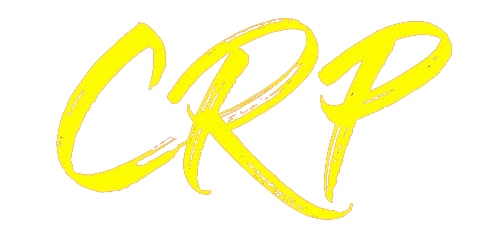Anger

Understanding and Channeling Anger: A Powerful Tool
Anger is a complex emotion that can have both destructive and productive effects. In this blog, we will explore the metaphor of anger being like a river and discuss the importance of understanding and controlling anger. We will also delve into how anger can stem from fear and frustration, and the impact it can have on our lives. By examining the source of our anger and learning how to channel it in productive ways, we can avoid the pitfalls that anger can bring.
Main Ideas
- Anger can be both destructive and productive, akin to a river that can flood or be channeled for civilization.
- The Coach’s father exemplifies how uncontrolled anger can ruin lives, despite possessing great qualities.
- Anger often stems from fear and frustration, leading individuals to fight or react aggressively.
- Understanding the source of anger can help individuals channel it into more productive directions.
- Time and maturity can help diminish the intensity of anger as individuals gain more control over their lives.
- Acknowledging and examining one’s anger can lead to personal insights and growth.
- Repressing emotions is unhealthy, but learning to set them aside and act rationally is crucial.
- Making peace with past traumas and frustrations is essential for releasing the grip of anger on one’s life.
The Metaphor of Anger as a River
When we think about anger, it can be likened to a river. Just as a river can be destructive when it floods, anger can also cause havoc in our lives if left unchecked. However, like a river that can be harnessed and controlled, anger has the potential to be a powerful force for positive change if channeled properly. By learning to understand and direct our anger, we can transform it into a tool for personal growth and achievement.
The Personal Experience
The speaker in the video shares a personal story about his father, who was consumed by anger. Despite possessing many admirable qualities, his father’s inability to control his anger led to the destruction of his relationships, fortune, and social standing. The speaker also reflects on his own journey in understanding his anger and how he was able to overcome it. By sharing these experiences, the speaker emphasizes the importance of recognizing and addressing anger in our own lives.
The Source of Anger: Fear and Frustration
Anger often stems from two primary sources: fear and frustration. When we experience fear, we respond by either fighting or fleeing. Similarly, frustration arises when we encounter obstacles or feel that things are not going our way. Understanding these underlying causes can help us gain insight into our own anger and provide an opportunity for growth and self-improvement.
The Importance of Self-Reflection
Self-reflection plays a crucial role in understanding and managing our anger. By looking inward and examining the reasons behind our anger, we can gain a better understanding of ourselves and our triggers. The speaker shares how he discovered that his own anger was rooted in a sense of powerlessness and being controlled by others. This realization allowed him to redirect his energy towards more productive pursuits, ultimately leading to a healthier mindset.
Time as a Healer
As we grow older, we naturally gain more control over our lives and develop a greater sense of autonomy. With time, the powerlessness and fear that once fueled our anger begin to fade. This is because we have more opportunities to exert control over our circumstances and reshape our lives. The speaker emphasizes that time, coupled with self-reflection, can help us leave behind the anger of the past and embrace a more positive and productive future.
Letting Go and Moving Forward
Letting go of anger does not mean forgetting or suppressing our emotions. It means acknowledging our anger and choosing not to let it dictate our actions. The speaker highlights the importance of facing our emotions head-on and setting them aside, allowing reason and logic to guide our decisions instead. By doing so, we can free up the energy that anger consumes and redirect it towards more fulfilling aspects of our lives.
Conclusion
Anger can be a destructive force that wreaks havoc in our lives if left uncontrolled. However, by understanding the source of our anger and learning to channel it in productive ways, we can harness its power for positive change. Through self-reflection, time, and the willingness to let go, we can break free from the grip of anger and live more fulfilling lives. Remember, it is within our control to shape our emotions and use them as tools for personal growth and achievement.






